Health, environment, animal welfare… There is no shortage of motivations to change your eating pattern! But eliminating animal protein from your diet isn’t easy. How do you make a cake without eggs? Pancakes without milk? How to compensate for the intake of vitamins, proteins and other nutrients? Because these answers cannot be invented, Alternative V has created a medium for anyone who wants to be informed, learn and master plant-based eating. Conferences and training with plant experts in France are also offered there to make learning more complete. But without waiting, in this article we will reveal to you the essential foods for a balanced plant-based diet.
Fruits and vegetables
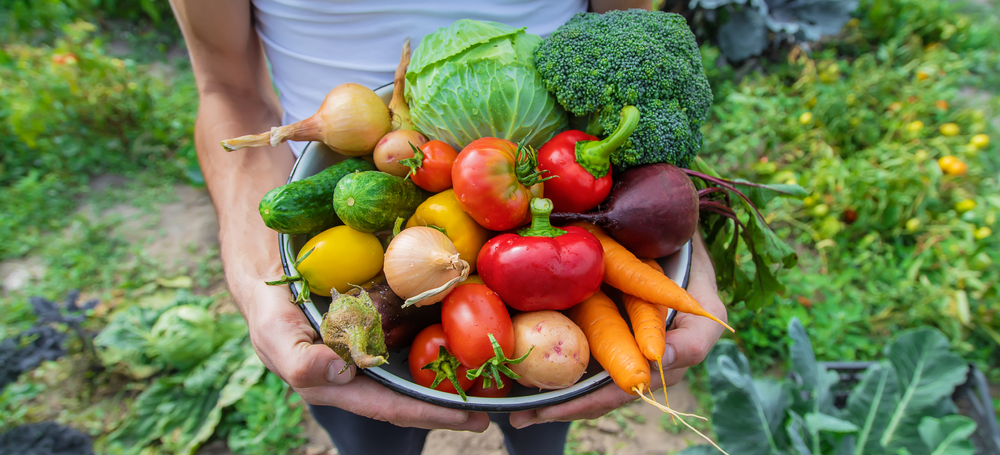
Fruits and vegetables are the first foods that come to mind when it comes to plant-based diets. A true concentrate of vitamins and minerals, they are essential for a balanced vegan or vegetarian diet. Sources of fiber, they contribute to the proper functioning of the body. The key is to cook them properly to keep all their belongings. For this we will rely on raw consumption or light cooking. Tomatoes, zucchini, spinach, broccoli, watermelon, apples or peaches, it’s up to you to choose your little favorites while respecting the season. And to do good for both your body and the planet, you bet on the local and the products from organic farming.
Whole grains and legumes
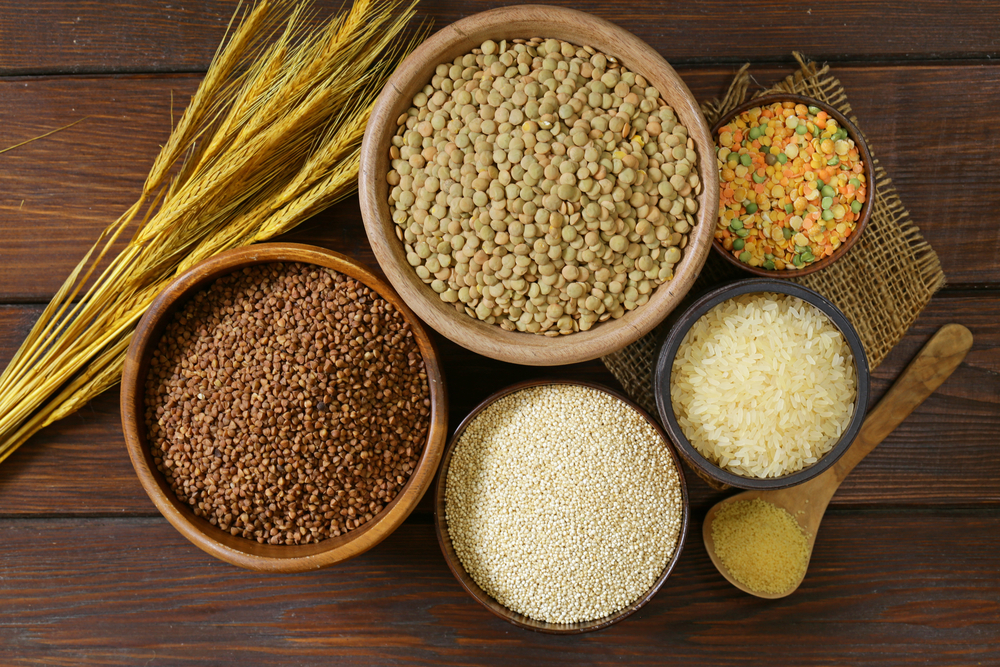
Whole grains and legumes are the best allies for followers of a vegan or vegetarian diet. It is thanks to these foods, a natural source of protein, that the body receives the necessary nutrients as part of a meat-free diet. Brown rice, quinoa, buckwheat, chickpeas, lentils, lupines, soya… There are many options for preparing a good, varied and healthy meal. Supplement with whole grains and legumes carbohydrates, fiber, minerals (iron, zinc, magnesium, etc.), but also vitamins (especially vitamin B).
tubers
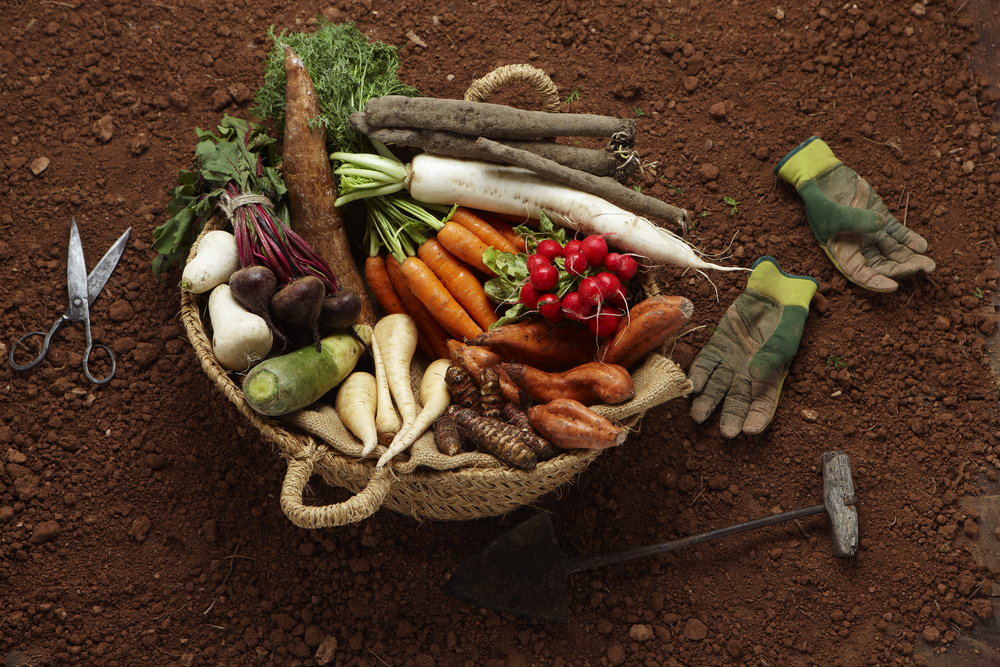
At the crossroads between starchy foods and vegetables, tubers are indispensable in the context of a plant-based diet. They are rich in starch, promote satiety and prevent cravings between meals, limiting the temptation to snack. Potatoes, sweet potatoes, yams, cassava or Jerusalem artichoke are also rich in calcium and magnesium, a source of carbohydrates (including starch) and contain a large number of minerals and trace elements.
Nuts and seeds
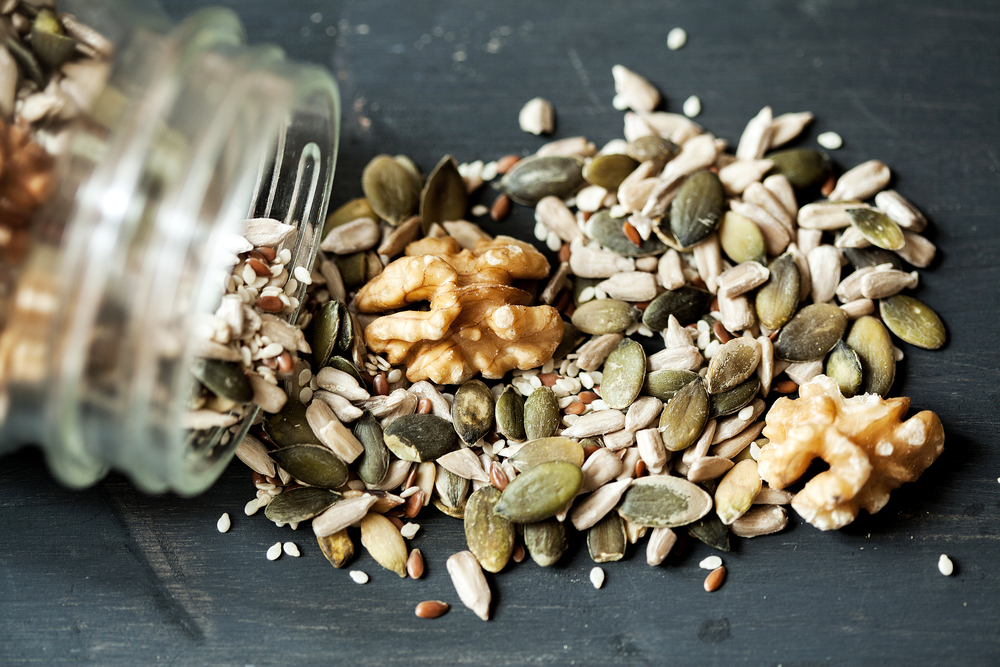
Almonds, hazelnuts, sesame, linseed, hemp or chia seeds, all these oilseeds have a valuable nutritional value. Indeed, they are rich in essential fatty acids, including the famous omega 3 commonly found in fish. Ideal for cooking in salads, muesli or enjoyed as a spread, these nuts or seeds also provide protein, vitamins B and E and many minerals such as calcium, magnesium, iron and zinc.
As with vegetables, cereals or legumes, it is essential to learn how to use nuts and seeds in the kitchen to easily incorporate them into your diet. To help you with that, Alternative V offers vegetable cooking training so that changing your diet becomes child’s play!
Vegetable oils
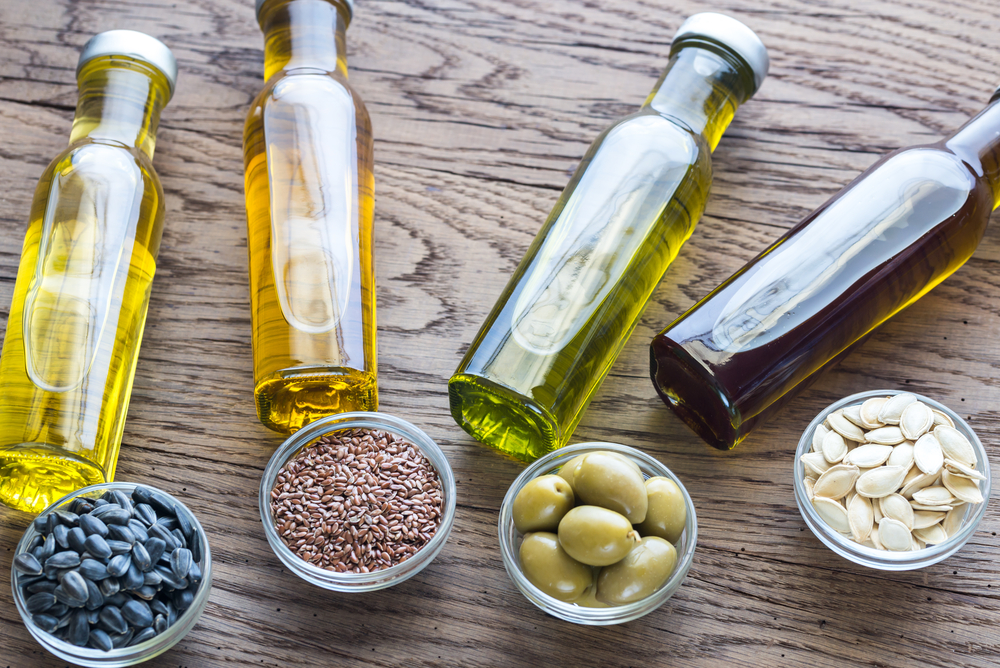
You don’t have to drown your food in oil, not even vegetable oil, to stay healthy. Two to four tablespoons per day are enough to reap all the benefits of the latter. Like the nuts and seeds we mentioned earlier, vegetable oils are rich in essential fatty acids and vitamin E. Not surprising since they come from the pressure of the same oilseeds. In addition to these general benefits, vegetable oils also promote the absorption of vitamins A, D, E and K because they are fat-soluble, that is, they are soluble in fat. We prefer natural vegetable oils rich in alpha-linolenic acid and omega-3, such as hemp, flax, camelina, walnut or canola oil.
vegetable milk
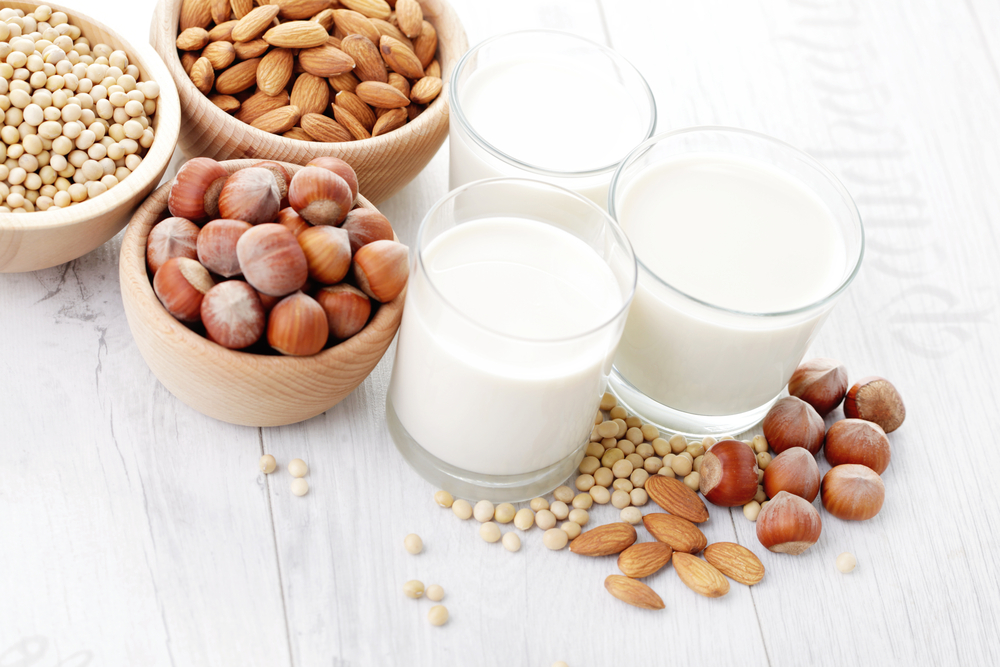
Fancy a smoothie or a big bowl of cereal? Don’t panic, the variety of plant-based milks is such that you will inevitably find what you are looking for. If soy milk is the best known, it is becoming easier to find other alternatives on the market, starting with ultra-gourmet almond, hazelnut or coconut milk. As mentioned above, rice and oat milks have the advantage of not containing lactose, making them easier to digest than cow’s milk. In addition, they are less caloric and contain no cholesterol. On the other hand, they are particularly rich in vitamins (A, B, C and E), mineral salts (calcium, potassium, magnesium, phosphorus, etc.) and fatty acids.
Meat alternatives

Switching from a meat diet to a vegan or vegan diet doesn’t have to mean giving up hot dogs or burgers. In fact, more and more meat substitutes are offering vegetable sausages, ground beef or vegetable steaks, much to the delight of comfort food lovers. Made from soy, seitan (wheat gluten) or legumes, they provide energy, protein, carbohydrates and fiber and promote the feeling of satiety. However, be careful not to focus your diet solely on these processed products that are often high in fat, sugar and salt, and don’t hesitate to make your own!
Do you want to learn how to cook all these delicious ingredients? Sign up for Alternative V’s culinary training program to discover tons of easy and tasty vegan recipes.
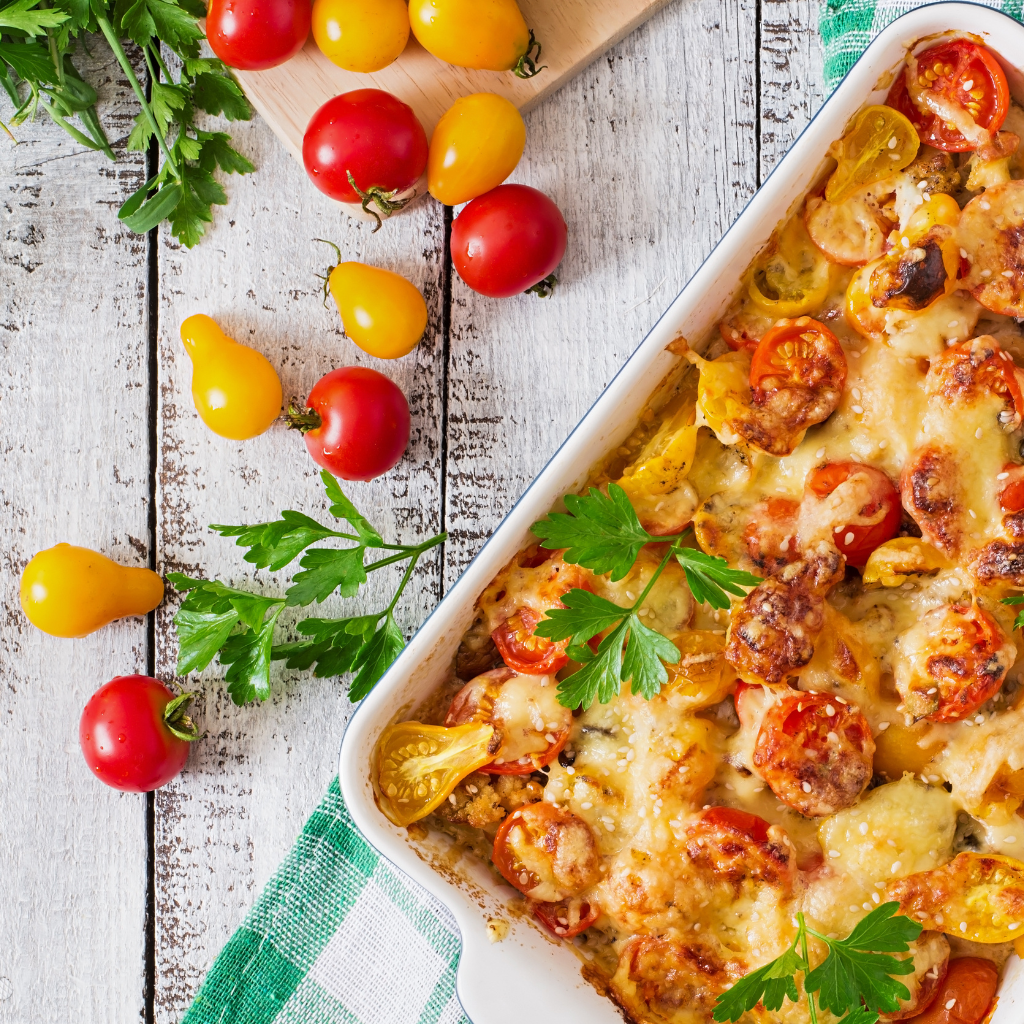
I learn
Learn how to cook vegetable step by step
36 videos, recipes, unlimited access…
Commitment Category – I’m LearningDiscover the program